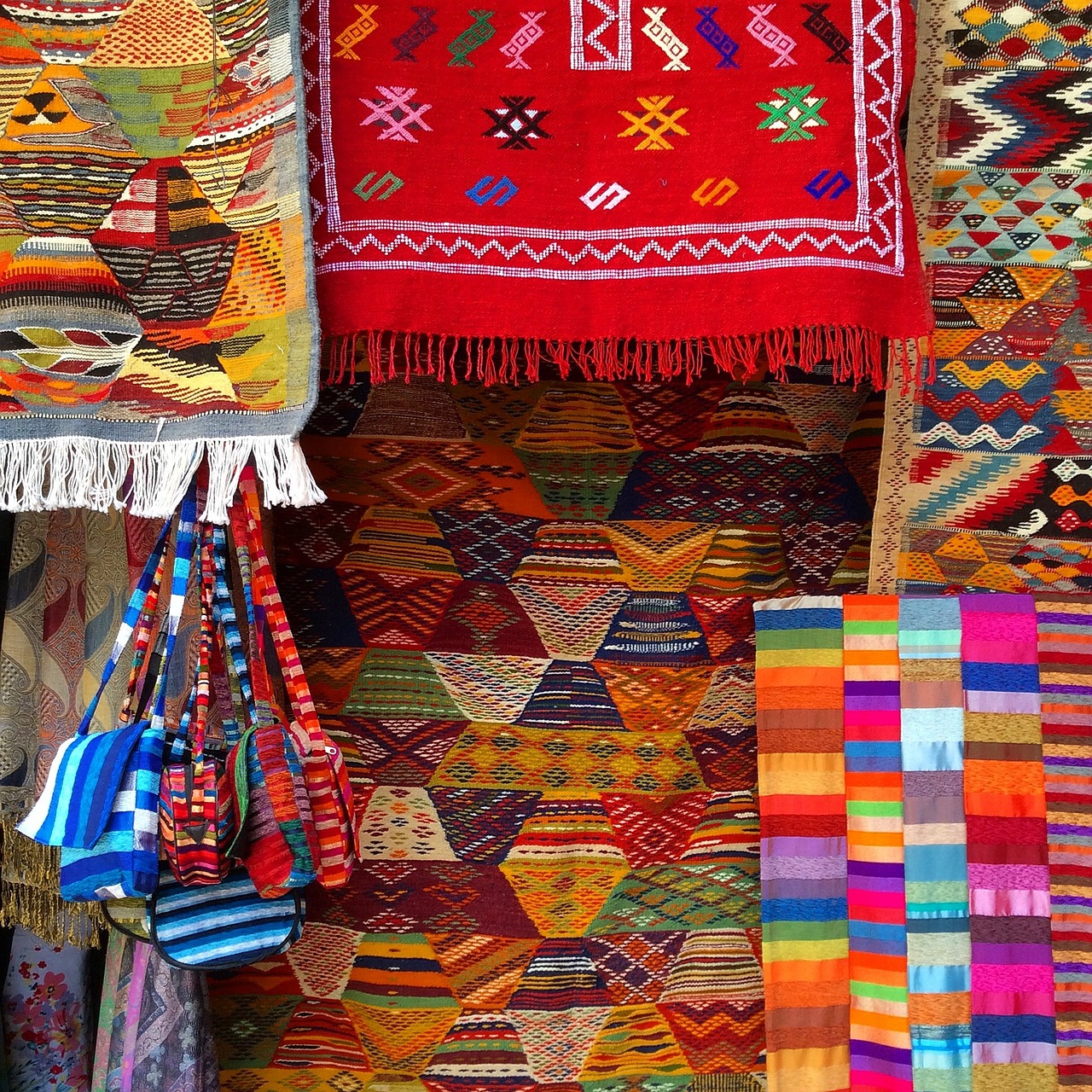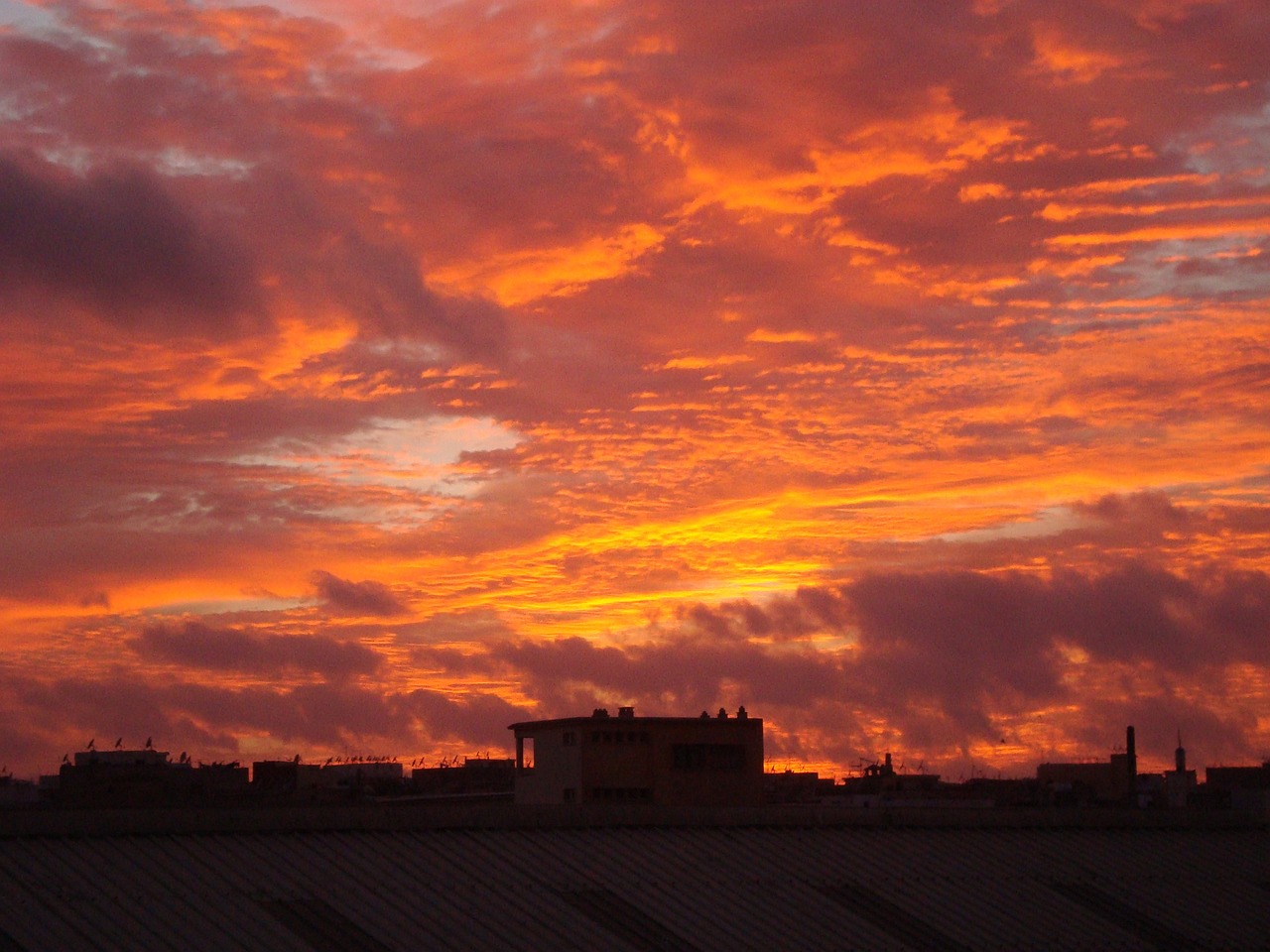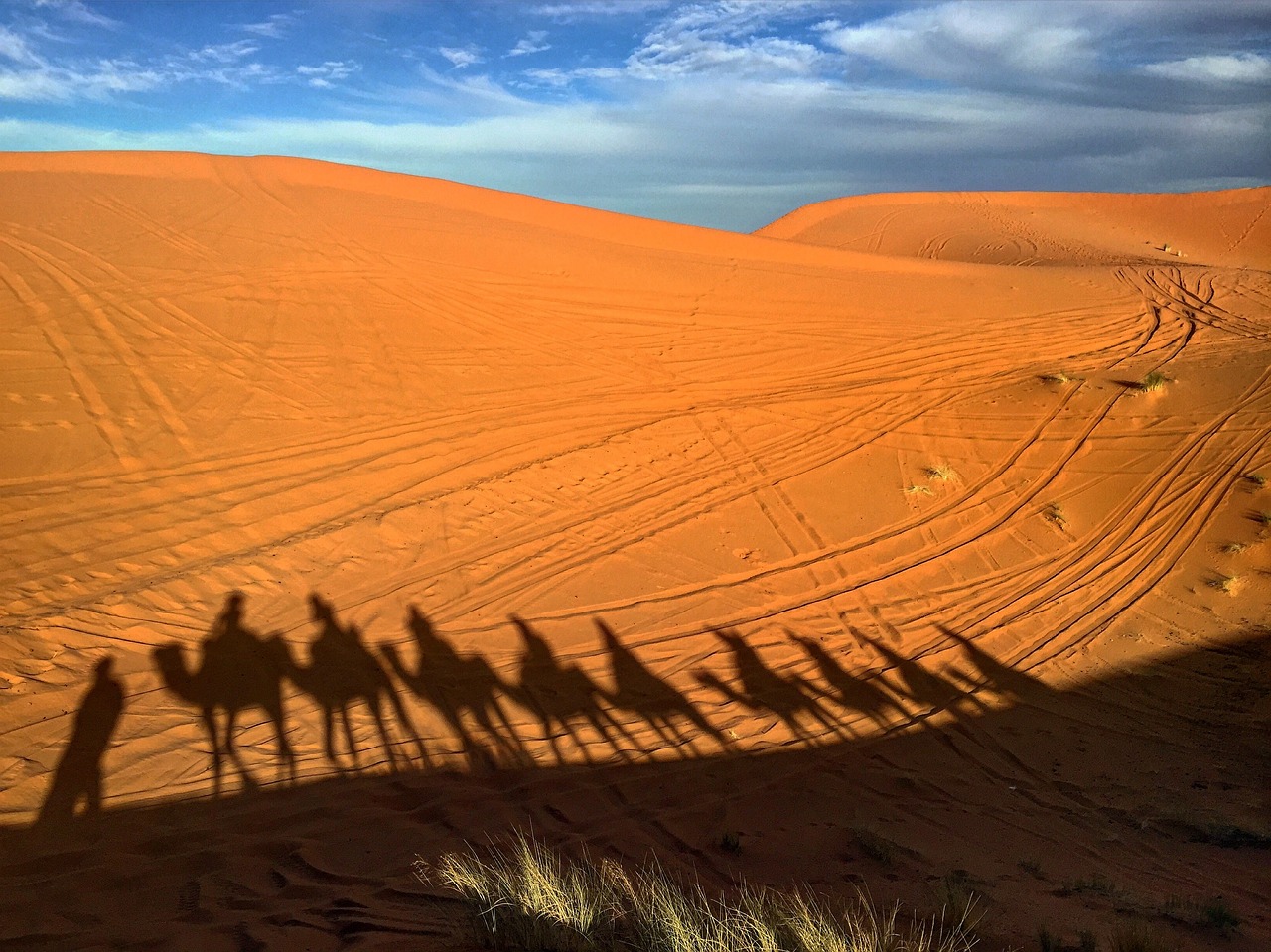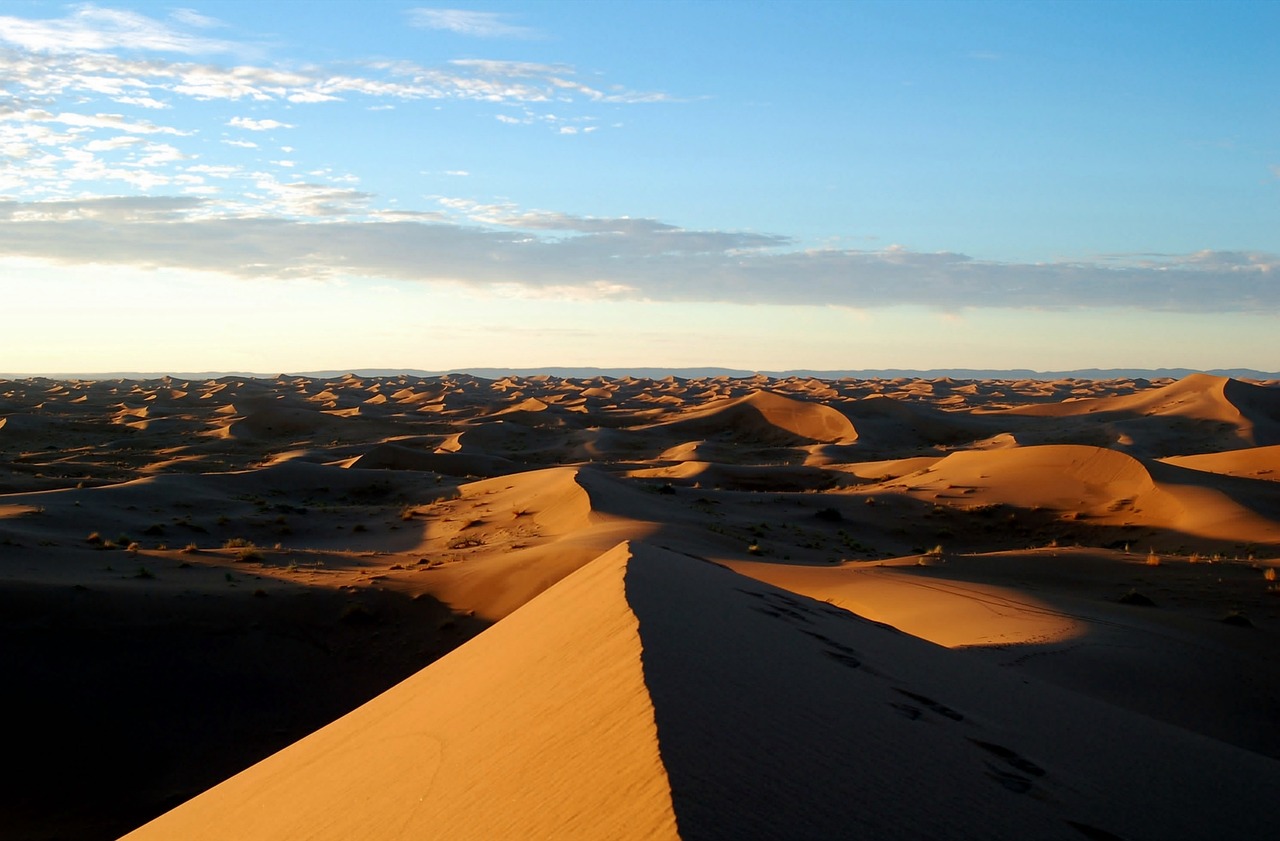Morocco Video
Banking and Financial Services for Nomads in Morocco
Morocco is a vibrant country that attracts a large number of nomads from around the world. Whether you’re a digital nomad or someone looking to explore the rich culture and landscapes of Morocco, it’s important to understand the banking and financial services available for nomads in this country. This article will provide you with a comprehensive guide to help you navigate the banking system, access financial services, and manage your finances effectively while living a nomadic lifestyle in Morocco.
Section 1: Introduction to Moroccan Banking System
Morocco has a well-developed banking system that offers a range of services to both residents and non-residents. The country has a mix of traditional brick-and-mortar banks as well as online banks, making it convenient for nomads to access their financial services. The Central Bank of Morocco, known as Bank Al-Maghrib, regulates and supervises the banking sector to ensure stability and security for customers.
- Traditional Banks: Traditional banks in Morocco, such as Attijariwafa Bank and Banque Populaire, have a wide network of branches across the country. These banks offer various services, including current and savings accounts, loans, credit cards, and foreign currency exchange.
- Online Banks: Online banks, such as BMCE Direct and CIH Bank, provide digital banking services that can be accessed through their websites or mobile applications. These banks offer similar services to traditional banks, but with the convenience of managing your finances online.
- International Banks: Some international banks, such as Citibank and HSBC, also have a presence in Morocco. If you already have an account with an international bank, it’s worth checking if they have branches or partner banks in Morocco to facilitate your banking needs.
Section 2: Opening a Bank Account
To open a bank account in Morocco as a nomad, you will typically need the following documents:
- Valid Passport: A valid passport is required to prove your identity.
- Proof of Address: You may be asked to provide proof of your address in Morocco, such as a rental agreement or utility bill. If you’re staying in a hotel or temporary accommodation, you can inquire with the bank about alternative documents they accept.
- Residency Permit: If you plan to stay in Morocco for an extended period, it’s advisable to obtain a residency permit, known as a Carte de Séjour. This may be required by some banks to open certain types of accounts.
- Initial Deposit: Banks in Morocco typically require an initial deposit to open a bank account. The amount varies depending on the type of account you choose.
Once you have gathered the necessary documents, you can visit a branch of the bank of your choice to initiate the account opening process. The bank will guide you through the required forms and procedures. It’s recommended to inquire about any fees, minimum balance requirements, and additional services offered by the bank before finalizing your account opening.
Section 3: Banking Services for Nomads
As a nomad in Morocco, you can benefit from a range of banking services tailored to your needs. Here are some key services to consider:
- Current and Savings Accounts: Banks in Morocco offer current and savings accounts that allow you to manage your day-to-day transactions and save money. Current accounts usually come with a debit card for easy access to funds, while savings accounts may offer higher interest rates.
- International Money Transfers: If you need to receive or send money internationally, banks in Morocco provide services for foreign currency exchange and international wire transfers. It’s advisable to compare the exchange rates and fees offered by different banks to ensure you get the best deal.
- Online and Mobile Banking: Many banks in Morocco offer online and mobile banking services, allowing you to access your accounts, make transactions, and manage your finances from anywhere with an internet connection. These services provide convenience and flexibility for nomads on the go.
- Credit and Debit Cards: Banks in Morocco issue credit and debit cards that can be used for local and international transactions. It’s important to inquire about any fees associated with card usage, such as foreign transaction fees or ATM withdrawal fees, to avoid unexpected charges.
- Loans and Financing: If you require financing for personal or business purposes, banks in Morocco offer various loan options, such as personal loans, mortgages, and business loans. It’s essential to understand the terms and conditions, interest rates, and repayment schedules before taking out a loan.
Morocco Image 1:

Section 4: Foreign Currency Exchange
When dealing with foreign currency exchange in Morocco, it’s important to be aware of the official exchange rates and any applicable fees. Here are some key points to consider:
- Banks: Banks in Morocco offer foreign currency exchange services, and their rates are generally competitive. It’s advisable to compare rates between different banks and inquire about any fees they may charge.
- Exchange Bureaus: Exchange bureaus, known as “bureaux de change,” can be found in tourist areas and major cities. While their rates may be slightly higher than banks, they provide convenience and quick service.
- ATMs: ATMs in Morocco allow you to withdraw local currency using your debit or credit card. However, be mindful of any foreign transaction fees or ATM withdrawal fees that may apply.
It’s recommended to keep some cash on hand for smaller establishments or areas where card payments may not be accepted. Additionally, notify your bank of your travel plans to avoid any issues with card usage while in Morocco.
Section 5: Tax Considerations
As a nomad in Morocco, it’s essential to understand the tax implications of your financial activities. Here are some important points to note:
- Residency Status: If you become a resident of Morocco, you may be subject to local taxes on your worldwide income. It’s advisable to consult with a tax professional or the Moroccan tax authorities to understand your obligations.
- Non-Resident Status: If you maintain non-resident status in Morocco, you may still be subject to taxes on income generated within the country. Double taxation treaties between Morocco and your home country may provide relief or exemptions.
- Tax Reporting: Nomads in Morocco should ensure they comply with tax reporting requirements, including filing tax returns and declaring income. Keeping accurate records of your financial activities is crucial for tax purposes.
It’s recommended to seek professional advice to ensure you meet your tax obligations in both Morocco and your home country.
Morocco Image 2:

Section 6: Online Payment Solutions
For nomads who prefer digital payment solutions, Morocco offers various options to facilitate online transactions. Here are some popular online payment solutions:
- PayPal: PayPal is widely accepted in Morocco and allows you to send and receive money securely. You can link your PayPal account to your bank account or credit card for seamless transactions.
- Mobile Wallets: Mobile wallets, such as Orange Money and PayByPhone, enable you to make payments using your smartphone. These services are particularly convenient for quick and contactless transactions.
- International Payment Gateways: If you have an online business or offer services to clients abroad, integrating international payment gateways like Stripe or 2Checkout can simplify the payment process and expand your customer base.
It’s important to consider the fees, security measures, and compatibility with local merchants when choosing an online payment solution.
Section 7: Insurance Coverage
While living a nomadic lifestyle in Morocco, it’s crucial to have adequate insurance coverage to protect yourself and your belongings. Here are some types of insurance to consider:
- Health Insurance: Ensure you have comprehensive health insurance that covers medical expenses, emergency medical evacuation, and repatriation. Check if your insurance provider offers coverage for international travel.
- Travel Insurance: Travel insurance can provide coverage for trip cancellations, lost baggage, and personal liability. It’s advisable to review the policy terms and conditions to understand the coverage limits and exclusions.
- Property Insurance: If you have valuable items or equipment, consider obtaining property insurance to protect against theft, damage, or loss. This may include coverage for laptops, cameras, and other electronic devices.
Review different insurance providers and policies to find the best coverage options that suit your specific needs as a nomad in Morocco.
Morocco Image 3:

Section 8: Financial Planning and Investments
As a nomad in Morocco, it’s important to prioritize financial planning and consider investment opportunities. Here are some key points to keep in mind:
- Budgeting: Develop a budget to manage your expenses and ensure you have sufficient funds for your desired lifestyle in Morocco. Consider factors such as accommodation, transportation, food, and leisure activities.
- Emergency Fund: Build an emergency fund to cover unexpected expenses or periods of reduced income. Aim to save three to six months’ worth of living expenses.
- Investment Options: Explore investment opportunities that align with your financial goals and risk tolerance. This may include stocks, bonds, mutual funds, or real estate. Consult with a financial advisor to make informed investment decisions.
Regularly review and adjust your financial plan as your circumstances and goals evolve.
Section 9: Financial Safety Tips
To ensure the safety of your finances while living as a nomad in Morocco, follow these financial safety tips:
- Keep Your Documents Secure: Safeguard your important documents, such as your passport, residency permit, and bank cards. Consider keeping digital copies stored securely online.
- Use Secure Internet Connections: When accessing your online banking or making financial transactions, use secure internet connections, preferably private networks or trusted Wi-Fi hotspots.
- Monitor Your Accounts: Regularly review your bank statements and transaction history to detect any unauthorized activity. Report any suspicious transactions to your bank immediately.
- Enable Two-Factor Authentication: Activate two-factor authentication for your online accounts to add an extra layer of security.
By adopting these safety measures, you can minimize the risk of financial fraud or identity theft.
Section 10: Financial Assistance for Nomads
If you need financial assistance or advice while in Morocco, consider the following resources:
- Embassies and Consulates: Your country’s embassy or consulate in Morocco can provide guidance and support in financial matters, including emergency funds or assistance with lost or stolen documents.
- Financial Advisors: Consult with a reputable financial advisor who specializes in working with nomads or expatriates. They can assist you in managing your finances, investments, and tax obligations.
- Online Communities: Join online communities or forums for nomads in Morocco to seek advice and connect with fellow travelers who may have valuable insights and recommendations.
It’s important to proactively seek assistance when needed to ensure your financial well-being while living a nomadic lifestyle.
Section 11: Conclusion
Banking and financial services for nomads in Morocco offer a range of options to meet your financial needs. From traditional banks to online banking solutions, you can access various services, including bank accounts, money transfers, and loans. It’s important to understand the requirements for opening a bank account, the tax considerations, and the available insurance options. By practicing financial safety measures and seeking professional advice when needed, you can effectively manage your finances and enjoy your nomadic lifestyle in Morocco.
References
– Bank Al-Maghrib: www.bkam.ma
– Attijariwafa Bank: www.attijariwafabank.com
– Banque Populaire: www.gbp.ma
– BMCE Direct: www.bmcedirect.ma
– CIH Bank: www.cihbank.ma
– Citibank Morocco: www.citibank.com
– HSBC Morocco: www.hsbc.ma
– PayPal Morocco: www.paypal.com
– Orange Money: www.orange.ma
– PayByPhone Morocco: www.paybyphone.ma
– Stripe: www.stripe.com
– 2Checkout: www.2checkout.com


